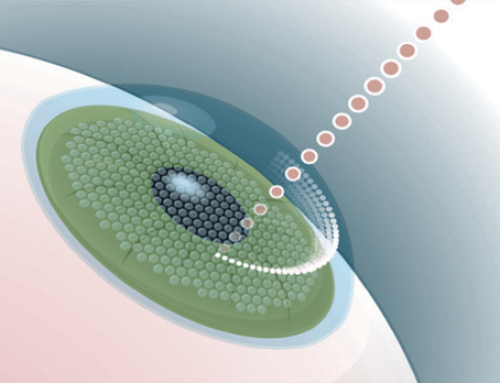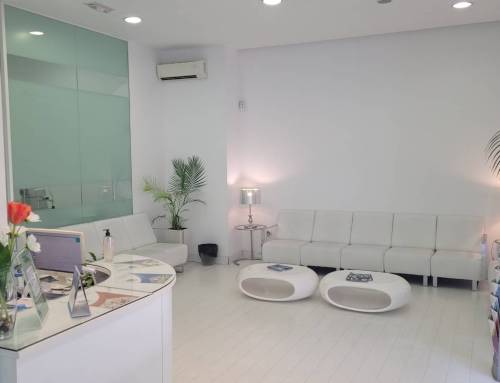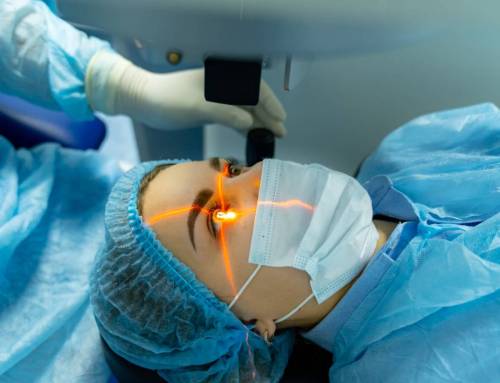If you are planning to have eye surgery, you should know that during your first consultation at the Vistalaser ophthalmology clinics, vision tests are performed for myopia, hyperopia and astigmatism surgery.
These tests are used to determine if you are a good candidate for the operation. If you are not suitable for laser surgery, you should know that there are very effective alternatives. One of them is the implantation of intraocular lenses that provide an excellent quality of vision.
The bladeless and femtosecond LASIK surgery treatments that we perform at Vistalaser offer very good results to patients with little or moderate refractive error. By means of the vision tests that will be performed, we will be able to determine how the results will be in your particular case.
Important aspects before the tests
To achieve the best results in an operation for nearsightedness, farsightedness and astigmatism, it is important that your vision has been stable in recent years and that your eyes are healthy. During the interview you will be asked about any visual problems you may have had, whether they were injuries or infections.
It is important to know that if you wear soft contact lenses you should remove them 24 hours before the first consultation. If you wear hard or gas permeable contact lenses, you should stop wearing them at least one week before the test. Failure to do so will make it impossible to take a correct measurement of the eye, as the contact lens temporarily modifies the shape of the ocular surface.
Pre-operative vision testing
For preoperative tests of myopia, hyperopia and astigmatism it is necessary to use drops to relax the eye muscles and to stop the optic nerve. You will be warned beforehand, since you will have blurred vision for a few hours and it is therefore recommended that the patient be accompanied. The vision tests to be performed are as follows:
- First your vision without optical correction is checked and your binocular vision is examined.
- Then, measurements of the surface of the eye will be taken to determine its shape and thickness. In order to perform laser refractive surgery, a minimum thickness is required.
- Finally, tests will be performed to rule out various eye diseases, such as glaucoma or cataract. In addition, pupil size, eye pressure and retina will be examined.
Don’t be surprised if some of these vision tests are performed by an optometrist instead of an ophthalmologist. He or she will examine your eyes and evaluate the test results to explain the most appropriate treatment to correct your vision.



Leave A Comment